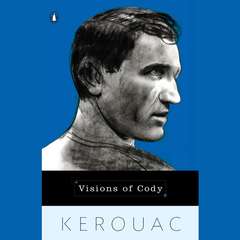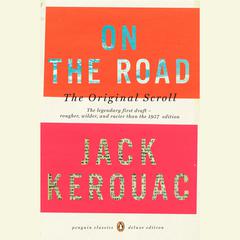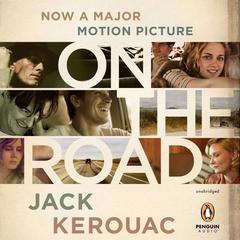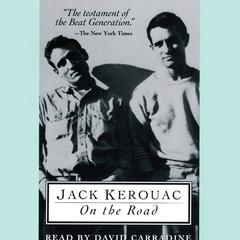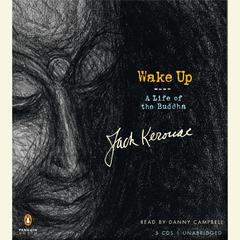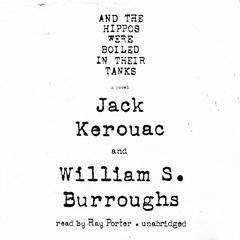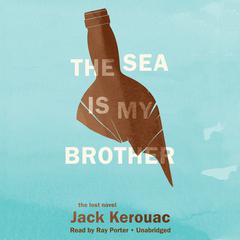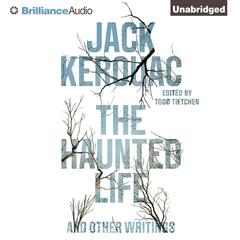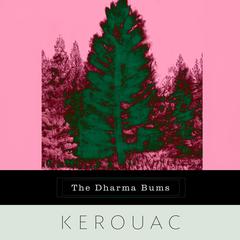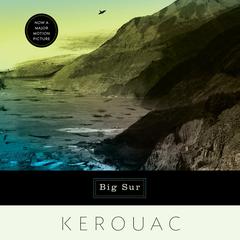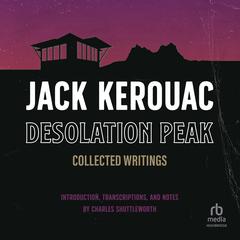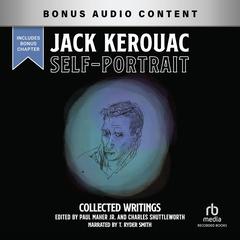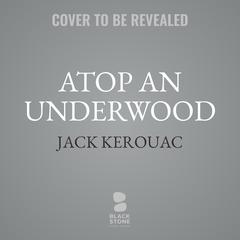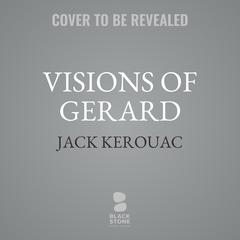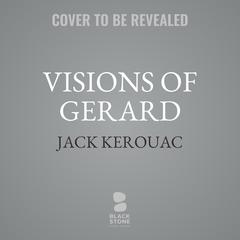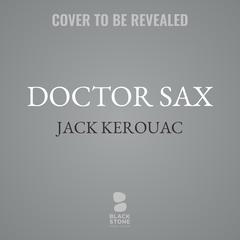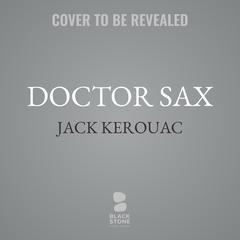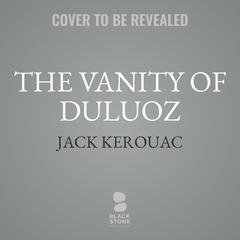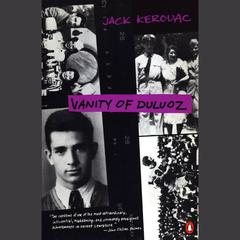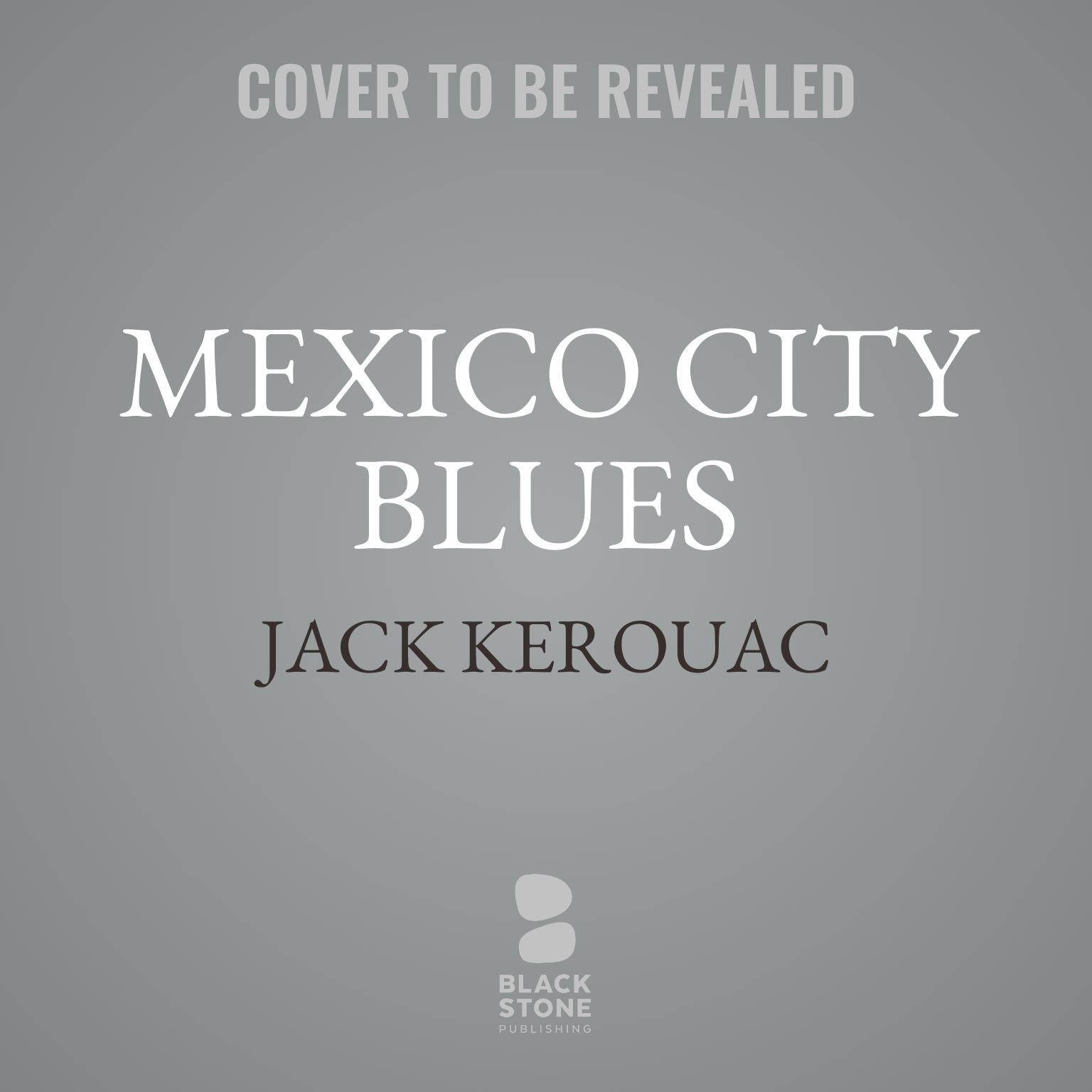 Play Audiobook Sample
Play Audiobook Sample
Mexico City Blues Audiobook
 Play Audiobook Sample
Play Audiobook Sample
Publisher Description
From the renowned Beat writer Jack Kerouac comes this important work of lyric verse, one of his most formally inventive books.
A long poem in Kerouac’s freewheeling and spontaneous improvisational style, Mexico City Blues is a unique epic of sound, rhythm, and religion. Called superb sensory meditations, the poetry takes in life, death, and spirituality but roams widely across continents and cultures. Memories, fantasies, dreams, and surrealistic free association are all lyrically combined in the loose format inspired by jazz and the blues.
Considered a major contribution to post-World War II American poetics, it opened up a new way of writing that had a major influence on others, including Allen Ginsberg, Robert Creeley, Michael McClure, and Bob Dylan.
Kerouac began writing the 242 stanzas, or “choruses", that became Mexico City Blues while living in Mexico City, with the stanzas defined only by the size of Kerouac’s notebook page. Written between 1954 and 1957 and first published in 1959, it is Kerouac’s most important verse work.
This poetry—wild, joyful, sad, and magnificent—is a surreal and all-encompassing experience and reveals the portrait of a complex man endowed with deep sensitivity.
Download and start listening now!
“It blew my mind. It was the first poetry that spoke to me in my own language.”
— Bob Dylan, American singer–songwriter
Quotes
-
“A spontaneous bop prosody and original classic literature.”
— Allen Ginsberg, American poet, writer, and Beat Generation pioneer
Mexico City Blues Listener Reviews
Be the first to write a review about this audiobook!
About Jack Kerouac
Jack Kerouac (1922–1969) was an American novelist and poet who influenced generations of writers. He is recognized for his style of spontaneous prose and for being a pioneer of the Beat Generation. His first novel appeared in 1950, but it was On the Road, published in 1957, that epitomized to the world what became known as the “Beat generation” and made Kerouac one of the best-known writers of his time. Born in Lowell, Massachusetts, he attended local Catholic schools and then won a scholarship to Columbia University, where he first met Neal Cassady, Allen Ginsberg, and William S. Burroughs, other originators of the Beat movement.




